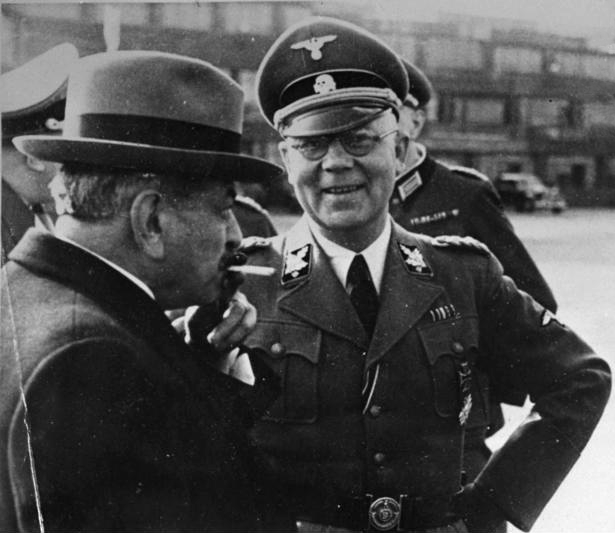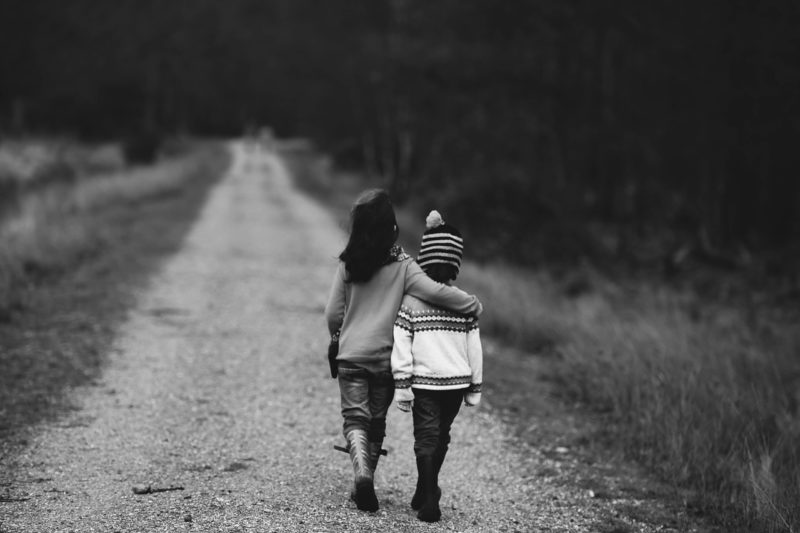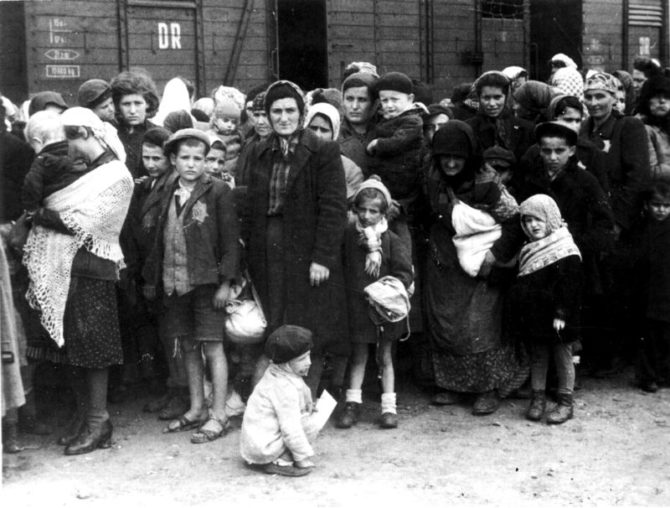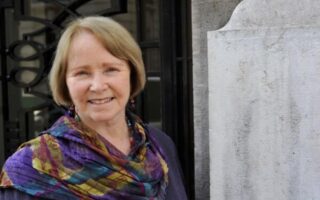Book Review: Haunting Paris, A Novel by Mamta Chaudhry
- SUBSCRIBE
- ALREADY SUBSCRIBED?
BECOME A BONJOUR PARIS MEMBER
Gain full access to our collection of over 5,000 articles and bring the City of Light into your life. Just 80 USD per year.
Find out why you should become a member here.
Sign in
Fill in your credentials below.
Every country has moments in its history—often much longer than moments—that are a source of profound national shame.
In this regard, despite her reputation as the birthplace of the Declaration of the Rights of Man and of the Citizen, and her historic role as a place of welcome and refuge for those seeking asylum, France is no exception.
Haunting Paris is an extraordinarily beautiful novel about one of the ugliest events ever to take place in French history: that is, the infamous Vel D’Hiv Roundup (or rafle) that took place in Paris on July 16-17, 1942, during which French police, under orders from their Nazi occupiers (and more specifically under order of Pierre Laval), took 13,152 Jews, including more than 4,000 children, from their homes and delivered them to the Velodrome d’Hiver, a Parisian sporting arena, where they were kept in hideously inhumane conditions for several days before being sent to Auschwitz, from which very few of the adults, and none of the children, ever returned.

Pierre Laval and Carl Oberg in Paris. Image © Bundesarchiv, Bild 183-H25719 / CC-BY-SA. (CC BY-SA 3.0 DE)
The story begins gently, as the story of a kind and compassionate ghost, or revenant (Julien) who is tenderly watching over Sylvie, his loving companion of 30 years, as she goes through the motions of her life without him in the first year after his death. But Sylvie’s chance discovery of a mysterious envelope in Julien’s desk eventually leads her to seek the answer to a question that had tormented him all his life, and which he died without knowing: an answer about the fate of his beloved sister and nieces that leads inexorably back to the horror of Vel d’Hiv.
Like Tatiana de Rosnay’s Sarah’s Key, the story focuses on one of the most excruciating aspects of what happened during those terrible days—namely, the fate of all those children. Why they were taken in the first place? Why they were then separated from the parents? What happened to the few who escaped, sometimes aided by bystanders, or the police themselves, some of whom deliberately turned their backs so that a few children, urged to do so by their terrified parents, slipped out the door and away to freedom?
But of course it was only the uncertain, and terrifying, freedom that abandoned children in danger of their lives could hope to feel.

Taken by Annie Spratt. Image © PIXABAY
There are many layers to this story, and there is much time travel, partly because part of the story is told by a ghost who has the ability to see not only the narrative present and his own past life, but also scenes from centuries before. Though in this way the story is somewhat complex, it is not hard to follow, a credit to Chaudhry’s skill in narration.
And actually, the constant cutting back and forth between present, past, and historical past, and the changes of narrator and point of view provide something of a relief in that the details of the fate Julien’s family suffered during the Holocaust come to light only bit by bit, allowing the reader to absorb the awful truth slowly, gradually.
Still, as I remember doing when I read All the Light We Cannot See, I had to occasionally set the book aside, not because I did not want to continue reading, but because I found it just too painful to do so, the story just too hard to bear.

Taken by Johann Lavandier. Image © PIXABAY
And yet, despite the emotional pain at the heart of this story, and the anguished questions one is forced to ask (“How could this happen? How could people let it happen? Were they deaf, were they blind, were they insane?”) Haunting Paris is nonetheless a pleasure to read. Chaudhry is a graceful, elegant writer and the structure of the novel, with its frequent changes of scene and auxiliary characters, which help lighten the tone and change the subject from time to time, allow her to insert pithy and accurate observations of characteristics of the French, of Americans, of the Brits. And there are many trenchant, often witty, and apt, musings on the politics of both today, and of the past.
The writing is also beautifully poetic (“down by the river a welcome breeze silvers the green leaves of the poplars…”). And “The city lies spread out at my feet, a symphony of domes and spires and towers…” Passages about Notre Dame are particularly poignant and infused with a sense of dramatic irony, given what happened there while this book was no doubt in the final stages of production.
I believe it is not giving anything away to say that this story of terrible injustice and unspeakable pain ends on a note of healing, of reconciliation; and that it suggests the possibility for joy to triumph over despair, life over death.
“One day…despite all that I have known…I will finally believe all losses are restored and sorrows end,” one of the characters concludes.
If you want to know who says this, and why, and what it means, you will just have to read the book. I’m pretty sure you won’t be sorry you did.
Purchase this book at your local independent bookstore (in Paris, we recommend The Red Wheelbarrow, San Francisco Books, Shakespeare and Company), or on Amazon below:
Lead photo credit : Taken by Ernst Hofmann or Bernhard Walte. Image ©Bundesarchiv, Bild 183-N0827-318 / CC-BY-SA 3.0. (CC BY-SA 3.0 DE)
More in Vel d'Hiv, World War II






REPLY